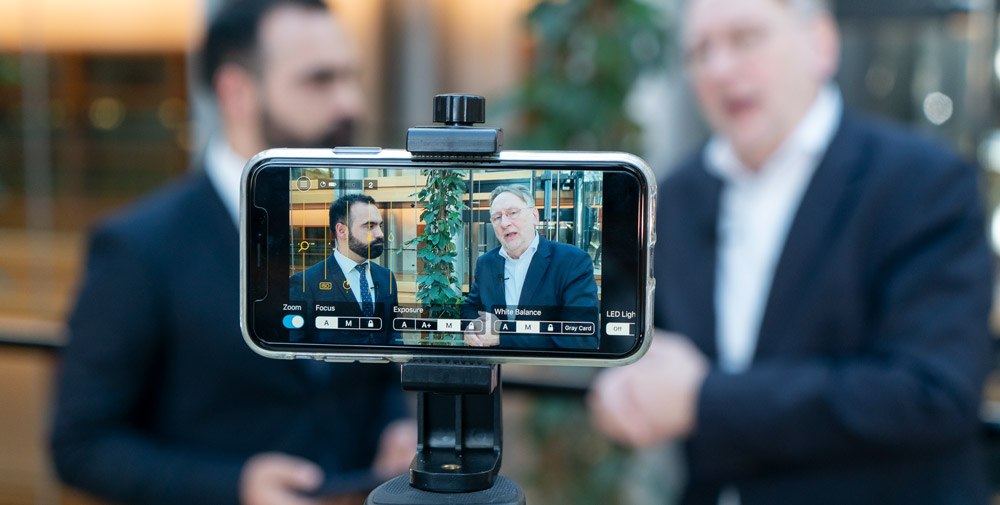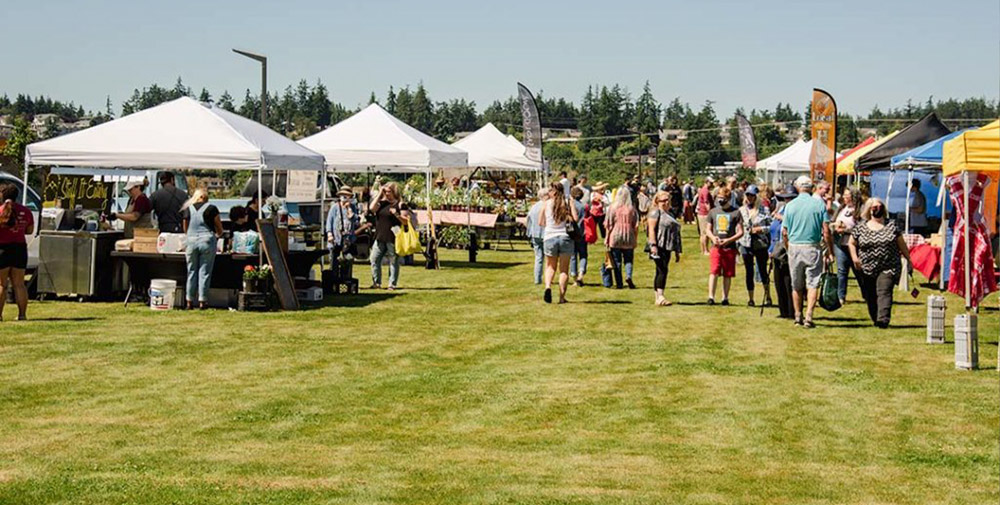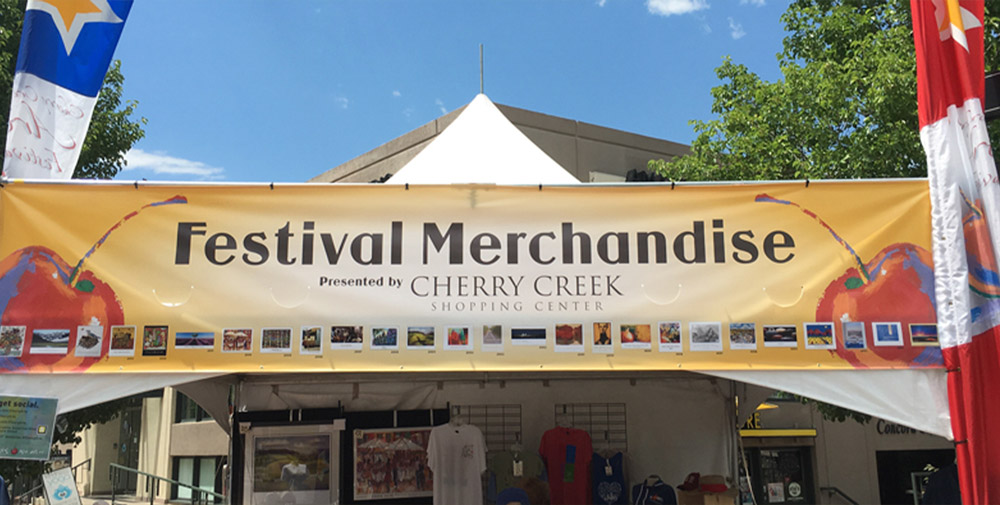Traditional But Effective Ways to Market Performing Arts Events
Hosting a performing arts event can help bring awareness to a particular cause while also providing opportunities to network and get to know others in a local community. If you are planning a performing arts event and want to use traditional methods to spread the word, there are a few tactics to keep in mind that can be deployed both virtually as well as in-person.

1. Interview With Directors, Performers, and Entertainers
One of the most traditional methods of promoting a performing arts event is to broadcast interviews with those involved with the play or performance itself. Using recorded interviews, working with live local radio stations, or even broadcasting podcasts online can help garner attention to a performing arts event you are planning.
Asking directors, performers, and entertainers involved with the play or performance you are putting on can also help to garner a following and generate interest from those in the community who have an affinity for theater and drama.
A few ways that broadcasting interviews can promote an upcoming performing art event include:
-
Star power: The use of start power goes a long way, especially when it comes to hosting a performing arts event. Whether you are hosting an event with local musicians or a well-known director, influence goes a long way when it comes to interviews and helping to spread the word about an upcoming event.
-
Local stations: Broadcasting interviews with performers, entertainers, and even the directors involved with an upcoming performing arts event on local radio and news stations can have a significant impact on the event's turnout. The more awareness there is of your upcoming event, the more likely locals are to attend and tell others about the event.
- Social media and the internet: Spread the word about your upcoming performing arts event with the use of social media platforms such as YouTube, Facebook, Instagram, and even TikTok. This can help to draw attention to your event while generating buzz and hype in the weeks leading up to it.
2. Flyers in Highly-Trafficked Spaces
If you truly want a classic method of marketing a local theater performance or play, consider the option of going old-school with traditional printed flyers. Placing flyers in highly trafficked areas with plenty of foot traffic is a great way to draw attention to any performing arts event, especially when placed in areas such as theaters, small businesses, and relevant spaces that are most likely to resonate with your target audience.
Using flyers can also help to spread the word using word of mouth, rather than relying on traditional advertising methods which can quickly add up in cost.

3. Partnering With Local Vendors and/or Restaurants
Hosting a performing arts event is not complete without the opportunity to work together with local vendors and restaurants. Working with local restaurant owners, entrepreneurs, and retail vendors can help generate business in your community while also bringing awareness to the services and retail stores in your area.
Collaborating with local vendors and restaurants can also help to drastically increase the number of attendees your own event receives, especially if you are offering food and items from restaurants only to those who have purchased a ticket to your event.
4. Coupons, Discounts, and Promo Codes
Generating excitement for an upcoming performing arts event is not always an easy task, regardless of the performance you intend to showcase or put on. Offering coupons, discounts, and special promo codes can help with generating ticket sales and piquing the interest of those who may consider attending your event(s).
Some coupons and discount code type to consider when hosting any type of performing arts event might include:
- Early bird specials: Offer discounts for those who opt to purchase tickets weeks or even months in advance. Guests who purchase tickets in advance make event planning much easier to manage.
- Senior/Veteran discounts: Offering discounts for senior citizens as well as veterans is a way to give back to your community and show you care.
- Student discounts: Incentivize younger demographics to attend your next performing arts event by offering student discounts for those who are able to provide proof of their student ID.
- Vendor discounts: Encourage local business owners and entrepreneurs to register as a vendor or sponsors for your next event in order to take advantage of an exclusive discount or promo code.

5. Hanging Banners (Locally)
Along the same lines as hanging fliers in some of the most heavily trafficked areas in your local community, hanging banners is another way to promote a performing arts event.
Hanging banners near the actual venue of your performing arts event can help attract passersby while also providing a sense of branding for the event (depending on your goals and intentions for the event itself).
6. Reaching Out to Local News and Radio Stations
Reaching out to local news and radio stations is one of the best ways to draw attention to a performing arts event you intend to host, regardless of its size. Local news and radio stations are often looking for relevant news pieces that can help to drum up business or generate ticket sales for a good cause. If your event is about giving back to members or various charity organizations, it will be much easier to reach out and connect with a local news or radio station. Radio and news stations can significantly increase the overall turnout for any performing arts event you are hosting, depending on the reach of the stations and the population of your location.
Bringing entertainers, artists, musicians, vendors, and business owners together in one location is a great way to generate buzz surrounding a particular cause or mission. Whether you are promoting a local theater group or want to bring business to local entrepreneurs in your area, you can do so with the right marketing tactics for your next performing arts event.






